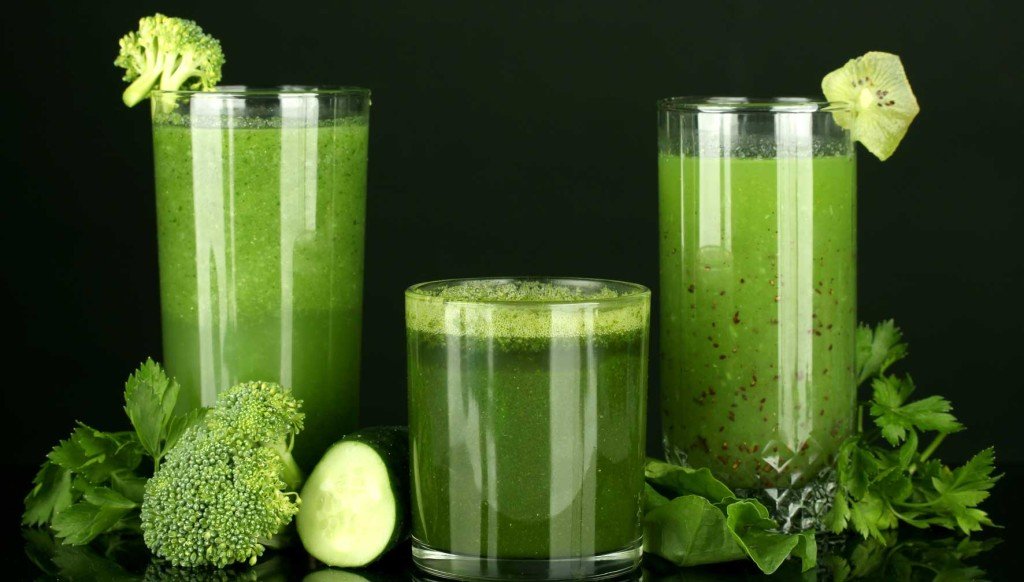In today’s fast-paced world, processed foods often reign supreme. They’re convenient, readily available, and often tempting with their irresistible flavors and long shelf lives. But lurking beneath their alluring exteriors lies a hidden truth: processed foods can wreak havoc on our health.
The Unhealthy Arsenal of Processed Foods:
- Excess sugar and unhealthy fats: A major issue with processed foods is their reliance on refined sugars and unhealthy fats. These ingredients contribute to weight gain, obesity, and chronic diseases like type 2 diabetes and heart disease.
- Nutrient deficiencies: The processing often strips away essential vitamins, minerals, and fiber, leaving us short-changed on the very nutrients our bodies need to thrive.
- Chemical cocktails: Processed foods often contain a plethora of preservatives, artificial flavors, and colorings, adding to the chemical burden on our bodies. These additives can trigger sensitivities, disrupt gut health, and potentially contribute to long-term health problems.
Food Companies DON’T CARE About You. The Crap They Put In Our Food is SHOCKING. Click Here Now to Discover the TRUTH
The Green Hope: Can Juicing Be the Answer?
While there’s no magic bullet for optimal health, juicing greens offers a promising path towards a healthier lifestyle. Here’s how:
- Nutrient Powerhouse: Greens are naturally packed with vitamins, minerals, and antioxidants. Juicing concentrates these nutrients, delivering a potent dose in a single glass.
- Detox Benefits: Chlorophyll, found abundantly in green vegetables, has potential detoxifying properties, helping your body eliminate toxins and heavy metals.
- Digestive Aid: Juicing breaks down fibers in greens, making them easier to digest and absorb, aiding in nutrient uptake and potentially improving gut health.
- Hydration Boost: Juicing can help you stay hydrated, a crucial factor for overall health and well-being.
Juicing as a Stepping Stone, Not a Shortcut:
It’s important to remember that juicing is not a replacement for a balanced diet. Whole fruits and vegetables provide important fiber that aids digestion and satiety. Juicing should be seen as a complementary practice, a way to boost your nutrient intake and potentially mitigate some of the negative effects of processed foods.
Tips for Green Juicing Success:
- Choose organic: Opt for organic greens to minimize exposure to pesticides and chemicals.
- Variety is key: Don’t limit yourself to kale. Explore different leafy greens like spinach, Swiss chard, and collard greens for a wider range of nutrients.
- Add color: Include other vegetables like carrots, beets, and cucumbers for additional vitamins and antioxidants.
- Keep it natural: Avoid processed juices with added sugars and preservatives. Aim for fresh-pressed juices made at home.
- Listen to your body: Start slow and gradually increase your intake as your body adjusts.
Conclusion:
Processed foods offer convenience but come at a cost to our health. Juicing greens can be a powerful tool to combat nutrient deficiencies, promote detoxification, and potentially improve overall well-being. However, it’s important to approach it with moderation and as part of a balanced diet rich in whole fruits and vegetables. So, ditch the processed food aisle and embrace the vibrant world of greens. Your body might just thank you for it.
Remember, juicing is just one piece of the puzzle on your path to health. Consult with a healthcare professional for personalized advice and make sure to incorporate other healthy lifestyle choices like regular exercise and adequate sleep for optimal well-being.

